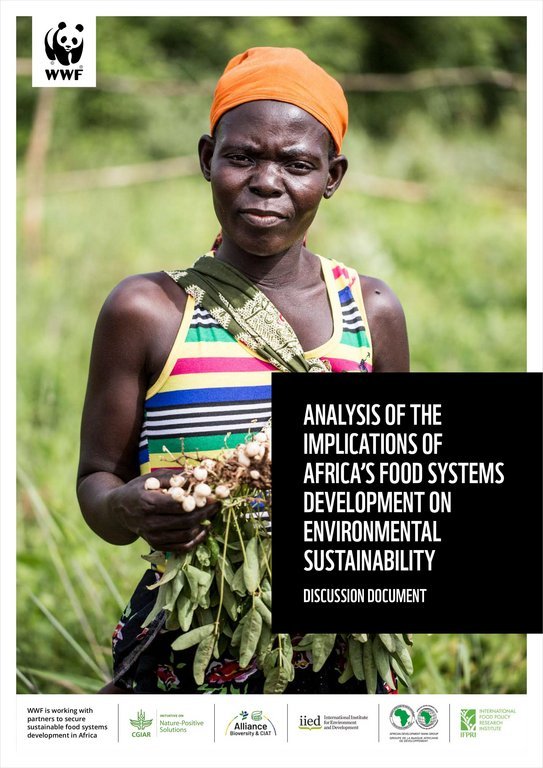 Read this article in French
Read this article in French- Share this article
- Subscribe to our newsletter
Africa’s ecological food future
A new report aims to help African countries achieve food security and implement climate and nature commitments. Analysis of the implications of Africa’s food systems development on environmental sustainability was published at the end of 2023 by the Worldwide Fund for Nature (WWF), the Alliance of Biodiversity International and the International Center for Tropical Agriculture (CIAT), the International Food Policy Research Institute (IFPRI) of the CGIAR (formerly known as the Consultative Group on International Agricultural Research), and the African Development Bank (AfDB).
The report is based on a joint study into the main drivers of Africa’s food systems, the responses of food systems to climate change and other factors, and the environmental impacts of these responses across the continent. The study was carried out with technical support from the International Institute for Environment and Development.
The authors say that to lift the continent out of poverty, Africa’s food systems need to provide sufficient affordable and nutritious food for its population, while generating income and employment to support Africa’s economic and social development. But the long-term functioning of food systems relies on natural capital – the natural resources and ecosystems that provide the inputs for food production, including fertile soils, water and a conducive climate. These resources are currently being depleted and degraded at an alarming rate, with significant impacts on biodiversity, climate change, and ultimately, on the ability of food systems to fulfil their functions.
The report highlights what to consider in terms of ecological sustainability when designing projects, initiatives, and investments into food system transformation in Africa. It also explores the enabling framework needed to put Africa on an ecological food trajectory, including policies, incentives, and best practices. The recommendations come under three main areas: changing food production systems; planning where to grow; and influencing food demand and consumption patterns.
(WWF/ile)
Read more on the WWF website





Add a comment
Be the First to Comment